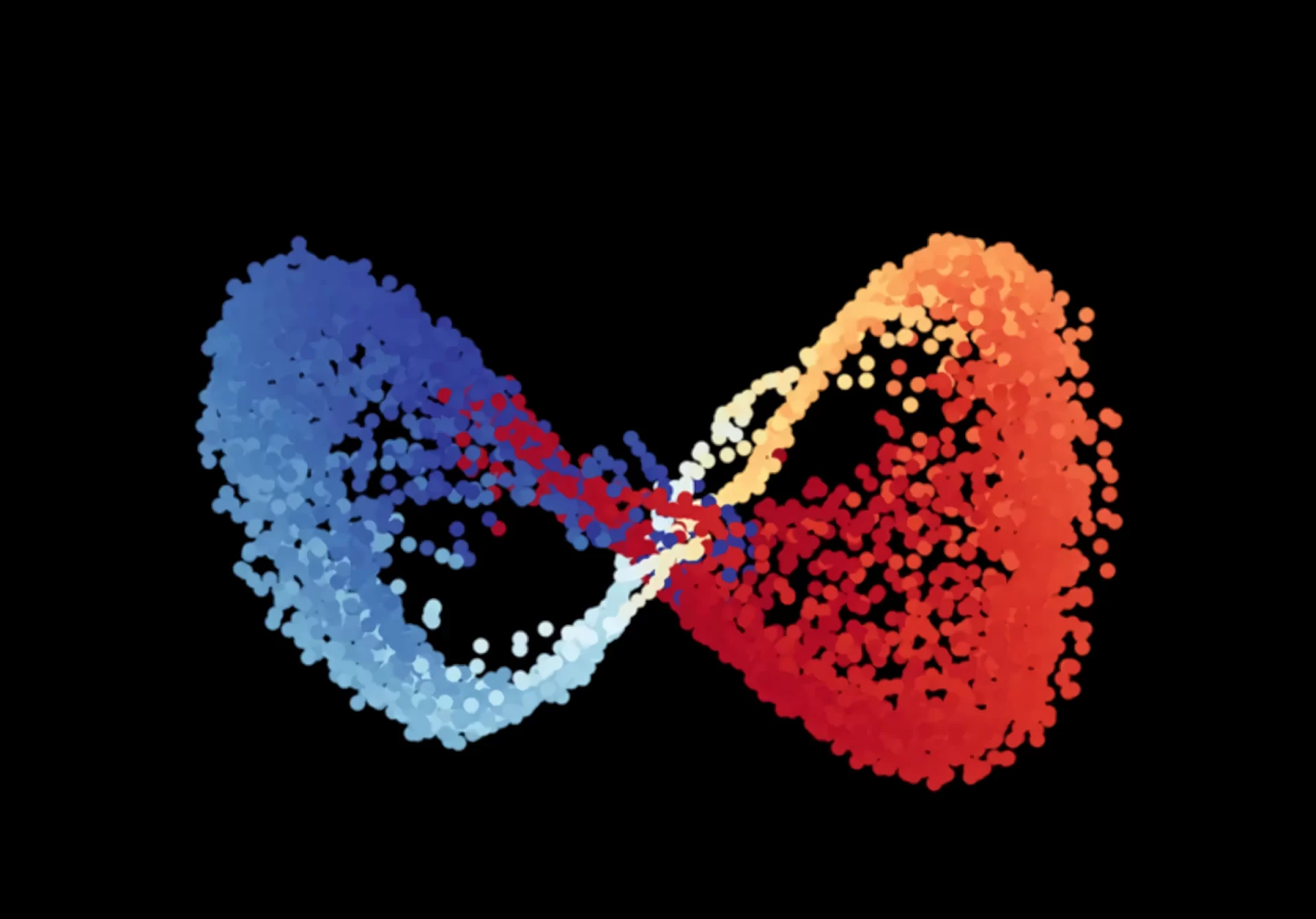This artificial intelligence is capable of distinguishing in a simple movement variables of physics that humans are unaware of. We might think that it is a mistake, but with it you can predict movements perfectly.
You can have a better or worse understanding of it, but we are all clear that there is only one physics. Or so we think. It is governed by a series of fundamental variables, such as distance and time, which in turn can be used to build more complex ones, such as acceleration. However, if the fundamental variables were different, we could speak of a totally different physics. And although it seems somewhat crazy, it is precisely what an artificial intelligence has achieved, the case of which has just been described in Nature Computational Science.
Human beings cannot fight against what we learn from the environment that surrounds us. From a very young age we instinctively understand what distance or time are. It doesn’t matter if the first is the number of little steps you have to take to reach the embrace of a mother and the time is the number of sobs from which someone comes to comfort you. The fact is that children are able to understand these variables of physics without any problem. Therefore, it is impossible to know what a world would be like without knowing them. It wouldn’t even be possible from the eyes of a baby. But yes from those of a robot.
That’s why a team of scientists from Columbia University decided to train an artificial intelligence algorithm in a different way than usual. Generally, they are taught a few basic concepts about how they should see the world. But this time everything has been left open to first impressions, so the results have been very interesting.
The artificial intelligence that doesn’t see physics like us
To train this artificial intelligence, it was shown various photos of moving objects. Later, with new images, they were asked what variables were involved in each of them.
The first was a static double pendulum. If we ask a human being with a knowledge of physics, he will say that there are four variables, namely the angle and the angular speed of each of the arms.
Regarding artificial intelligence, he also detected four variables, but they were not the same. He couldn’t give them names, but he could measure them and build graphs. It is true that the first two were similar to the way we would measure arm angles. But the others had nothing to do with angular velocity. It would be easy to think that it was simply a mistake. However, using those four variables, the artificial intelligence was able to perfectly predict changes in the object’s motion. I was using the physics correctly, but it was a different physics.
The same thing happened when he was shown other moving objects and sequences, such as a lava lamp or the flames of a fireplace. The variables that the artificial intelligence detected were not the same as ours, but they worked.
Humans don’t know everything
It is clear that we humans have a lot to learn about physics. There are still many things we do not know. For example, in quantum physics there are many phenomena that we do not understand. Physicists develop theories, such as string theory, to try to understand them better, but we still have a long way to go.
What if we were not using the full potential of physics? Scientists have long wondered what would happen if an alien civilization existed. Would they understand physics in the same way that we do? Can there be civilizations capable of measuring and even living in five dimensions, like in Interstellar?
All this is a lot to assume. However, this artificial intelligence has shown us that perhaps physics goes far beyond what we know. Your algorithm is giving these scientists the clues, but they don’t have a way to explain them. You will have to learn to talk to him to find out.
— This article was automatically translated from its original language —




